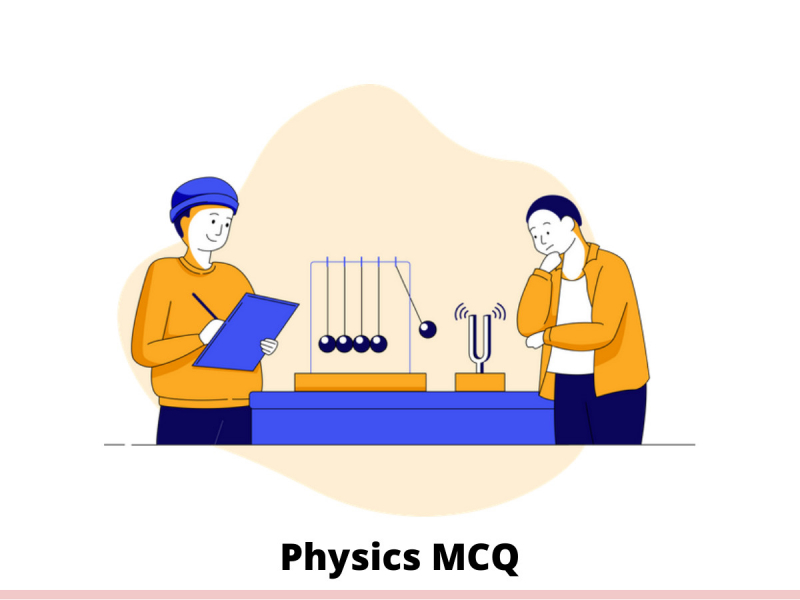Take Physics Quiz & Online Test To test your Knowledge
Practice below the best Physics MCQ Questions that checks your basic knowledge of Physics abilities. This Physics MCQ Test contains 25+ Physics Multiple Choice Questions. You have to select the right answer to every question to check your final preparation for Physics MCQ Exams. apart from this, you can also download below the Physics MCQ PDF completely free.

